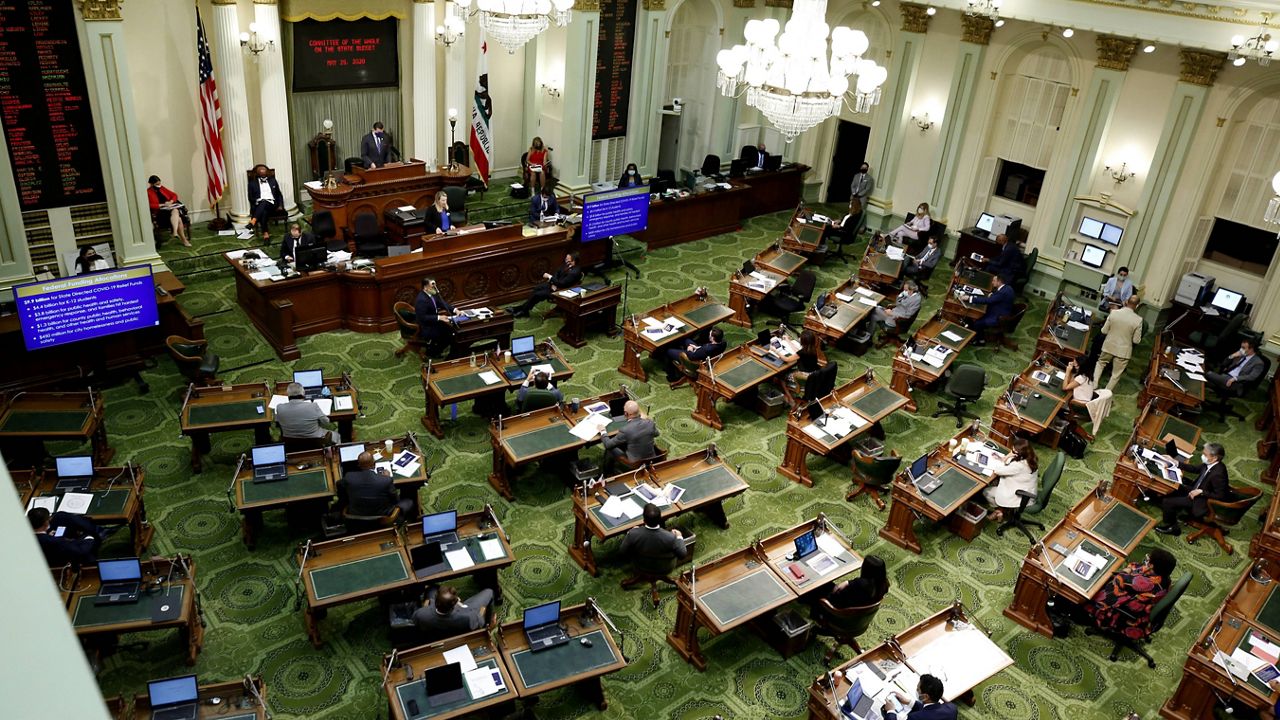SACRAMENTO, Calif. — As Congressional leaders in Washington, D.C., debate the details in a $900 billion COVID relief package, a bipartisan group of California legislators has proposed $2.6 billion in aid for independent businesses and nonprofits in the state.
Senate Bill 74, also known as the Keep California Working Act, would provide grants to small businesses and nonprofit organizations experiencing financial loss because of the pandemic.
“This is a piece of legislation that makes 100% sense right now more than ever,” said SB 74 co-author, Assemblymember Eduardo Garcia (D-Coachella). “Greater investments need to be made in our small business sector to keep their doors open and for those who may be on the brink of shutting down.”
Forced to temporarily close or operate with reduced capacity to slow the spread of COVID, many small businesses are struggling to survive. Close to a third of small businesses will not make it past January unless they receive additional funding, according to the Legislative Counsel's Digest for the bill.
It noted that nonprofits have also been negatively affected by increased demand for their services amid revenue declines.
“California’s businesses and employees have made tremendous sacrifices to protect the health of our communities,” said California Sen. Andreas Borgeas (R-Fresno), who co-introduced the bill last week with Sen. Anna Marie Caballero (D-Salinas Valley). “If the Governor is going to mandate businesses close, then they deserve a more aggressive investment in relief efforts.”
The bill proposes that grants be made available to businesses that are independently owned and operated and have fewer than 100 employees. Specific dollar amounts for the grants have not yet been determined but would be awarded on a first-come first-served basis. The monies would be appropriated from the state’s General Fund and administered by the Office of Small Business Advocate within the Governor’s Office of Business and Economic Development.
Late last month, Gov. Gavin Newsom announced $500 million in grants for small businesses as well as an automatic three-month income tax extension for taxpayers filing less than $1 million in sales tax.
The $2.6 billion proposed through SB 74 “would be an enhancement,” Garcia said. “That's the only way we’ll be able to stabilize and keep California’s economy at a place where we will be able to get it back on track for recovery, given the uncertainty of COVID-19.”
Introduced December 10, the bill will not be able to progress until at least January 10, when it will be referred to a committee hearing that isn’t likely to begin until February or March. The bill includes an urgency clause that would allow it to take effect immediately upon approval.










